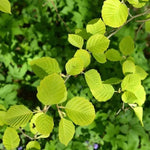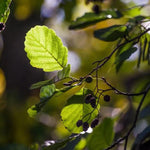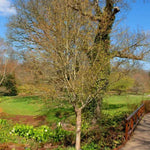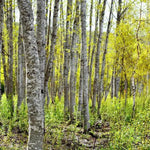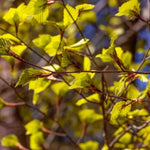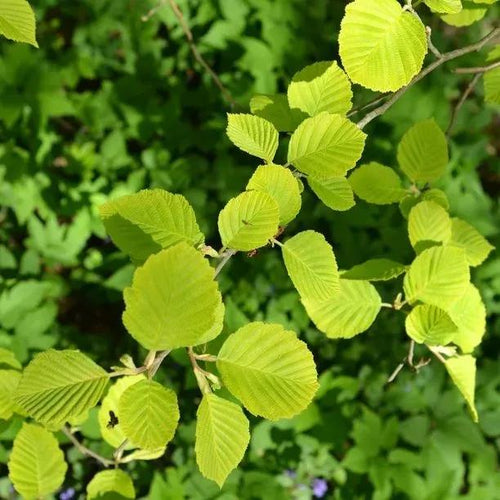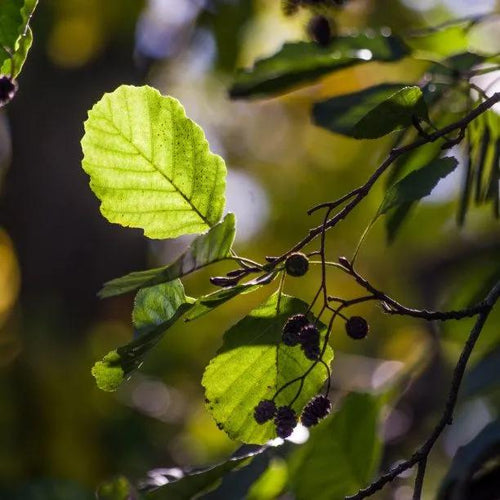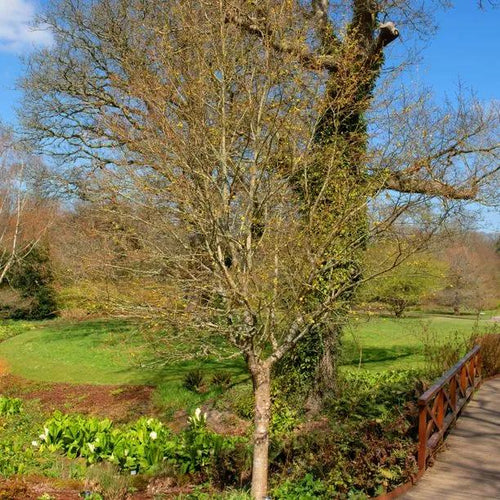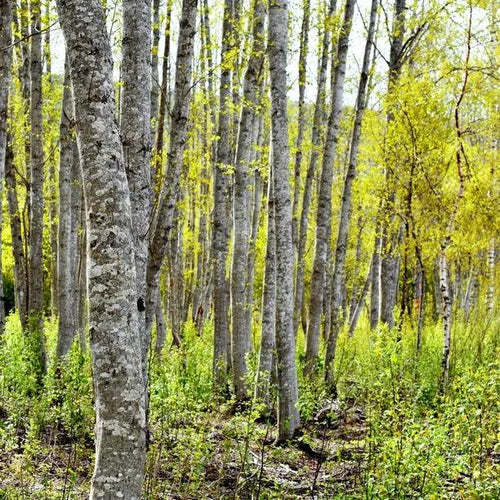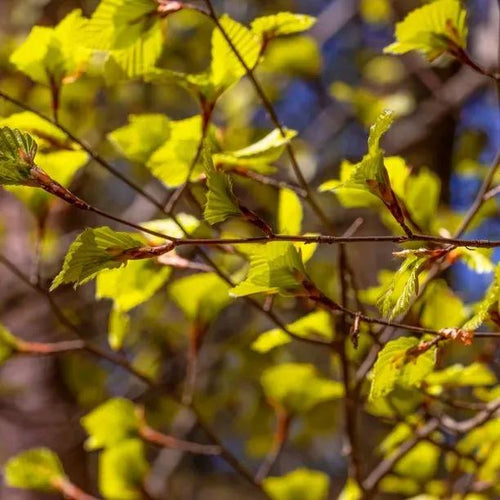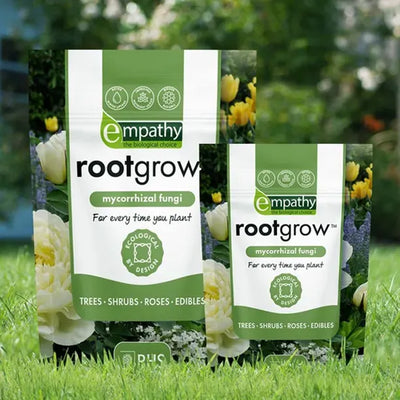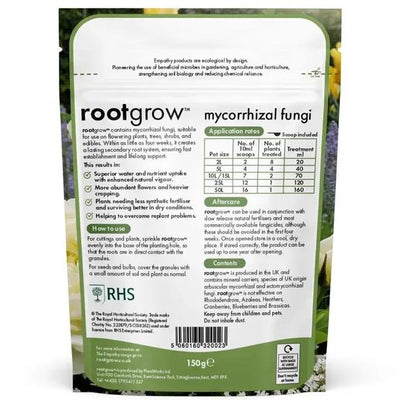 Delivered across the UK
Delivered across the UK Which Best Plant Supplier 2025
Which Best Plant Supplier 2025 1 Year Bareroot Plant Guarantee
1 Year Bareroot Plant Guarantee
About Grey Alder Sapling Trees
Grey Alder Sapling Trees
- Use: Rough hedging & screening, wildlife cover
- Height: Up to 20m as tree, clips to any height as hedge
- Growth: Very fast. Upright, conical crown
- Soil: Most soils except very alkaline or acidic
- Light: Full sun
- Type: Deciduous tree, nitrogen fixer
- Species: Alnus incana
- Bareroot Delivery Only: Nov-March
Appearance, Growth & Uses
Grey Alder is a hardy, vigorous tree with silver-grey young leaves and shoots, and grey bark.
It produces a thicket of suckering stems from the base, great for supporting water fowl and other wildlife, but a bit too much to manage in most garden settings.
It can be used in a rough country hedge, but we recommend Italian Alder or Common Alder instead, which don't sucker as much.
The decorative, 10cm long, yellow-pink male catkins appear in early spring, alongside the green female cones, which mature by the autumn. The seed is wind borne, and eaten by small birds.
It can reach 30 metres in ideal conditions, but 20-22 metres is more normal.
All alders have nitrogen-fixing bacteria living on their fibrous roots, perfectly suited for reclaiming sites with degraded soil and preventing erosion.
The alders are quick to take advantage of open soil, quick to reach maturity and quick to die, by tree standards. After 90-100 years, the main trunk will begin to die back.
Features
- Buy larger Grey Alder trees for instant impact.
- Browse other Alder trees, other hedging plants and saplings, or other garden trees.
Growing Conditions
- Soil: Most except very alkaline or very acidic
- Light: Full sun
- Moisture: Loves wet sites
- Avoid: Chalk, very acidic peat, shade
- Maintenance: Hack back to encourage dense thickets
- Hardiness: Very hardy, cold tolerant
Grey Alder will grow in any soil apart from chalk or very acidic peat.
It needs plenty of sun: young plants will tolerate partial shade, as long as they'll grow up into the sunlight.
Although it'll grow on dry soil with your help to establish, in the wild it prefers wet sites that are prone to waterlogging. Italian Alder is a better choice for dry soil.
It's very hardy and will be happy in the coldest Scottish frost pockets or exposed hillsides.
Garden Design Ideas
Alder is a classic pioneer tree that is often used to prevent riverbank erosion and to reclaim sites with especially poor soils, due to the bacteria living in nodules in its roots, which fix nitrogen from the air into the soil, improving it for other plants over time, especially as the tree ages and dies, or is pruned.
Perfect for creating wildlife cover and shelter for waterfowl. Encourage suckering by cutting back every few years to create dense thickets.
Ideal for woodland regeneration projects as a companion tree for slower growing species like oak, providing shelter and soil improvement.
Excellent for wet, boggy sites and riverbank plantings where most other trees struggle.
History & Trivia
A European and Russian tree that was introduced to Britain in the 1700's. The wood isn't very strong or good to burn, but it's highly rot resistant in water (although not when in contact with the soil as well) and easy to carve.
It's a traditional material for making clogs and kitchen implements, and saw some use as pipes, gutters, and shingles.
Because it conducts heat poorly and expands very little in wet, humid conditions, it's a good choice for the interior of saunas, and things like kitchen drawers or barrels for liquid.
Other common names include Speckled or Hoary Alder.













 Secure, One-Tap Checkout
Secure, One-Tap Checkout
 Hand Picked, Delivered to Your Door!
Hand Picked, Delivered to Your Door! 1 Year Bareroot Guarantee
1 Year Bareroot Guarantee